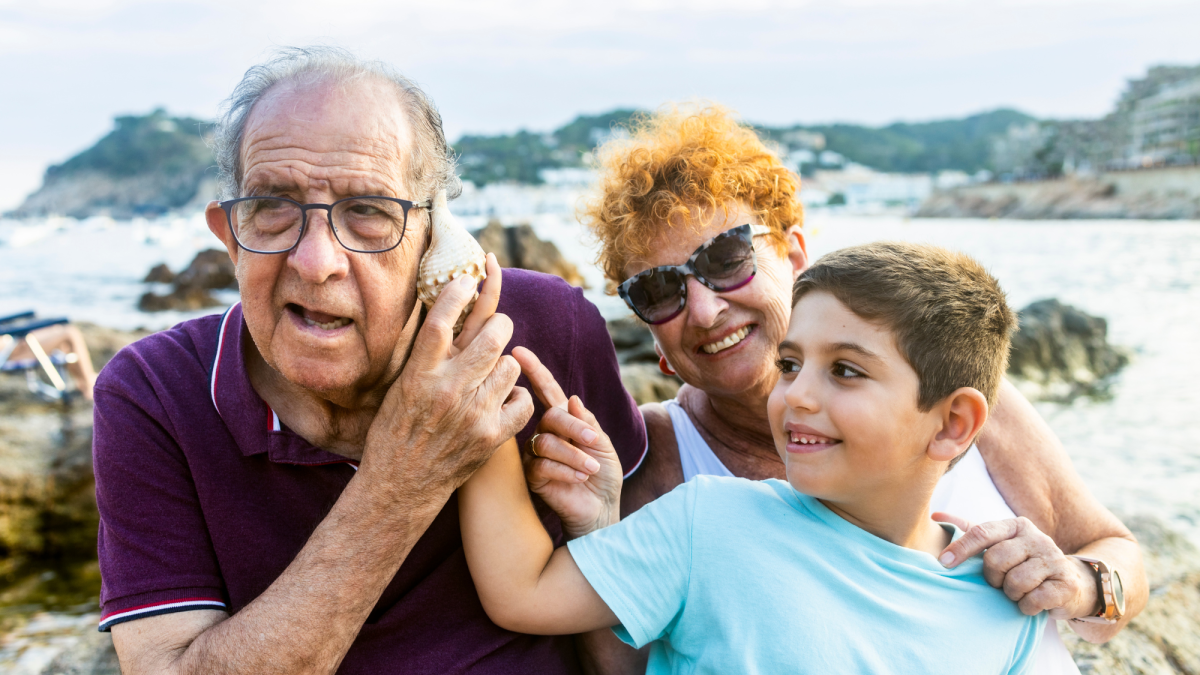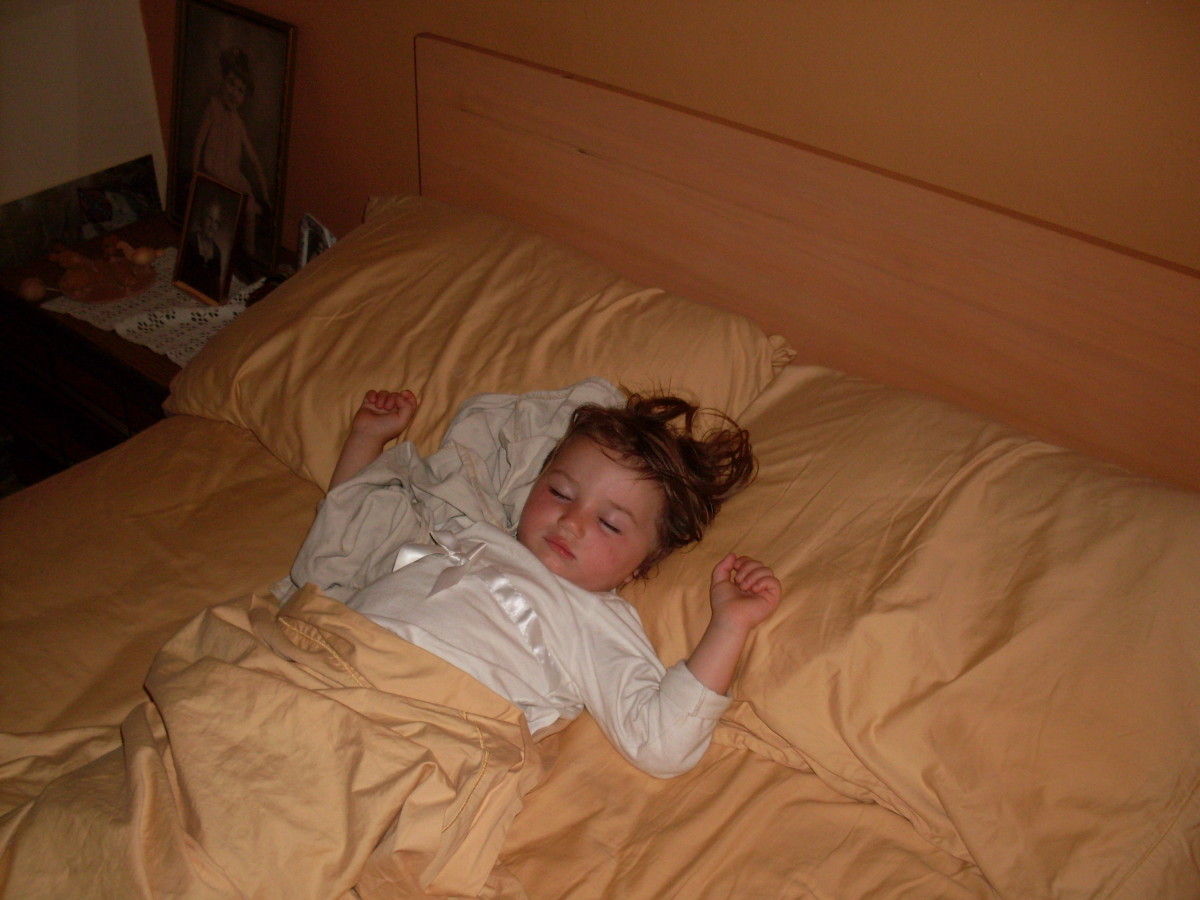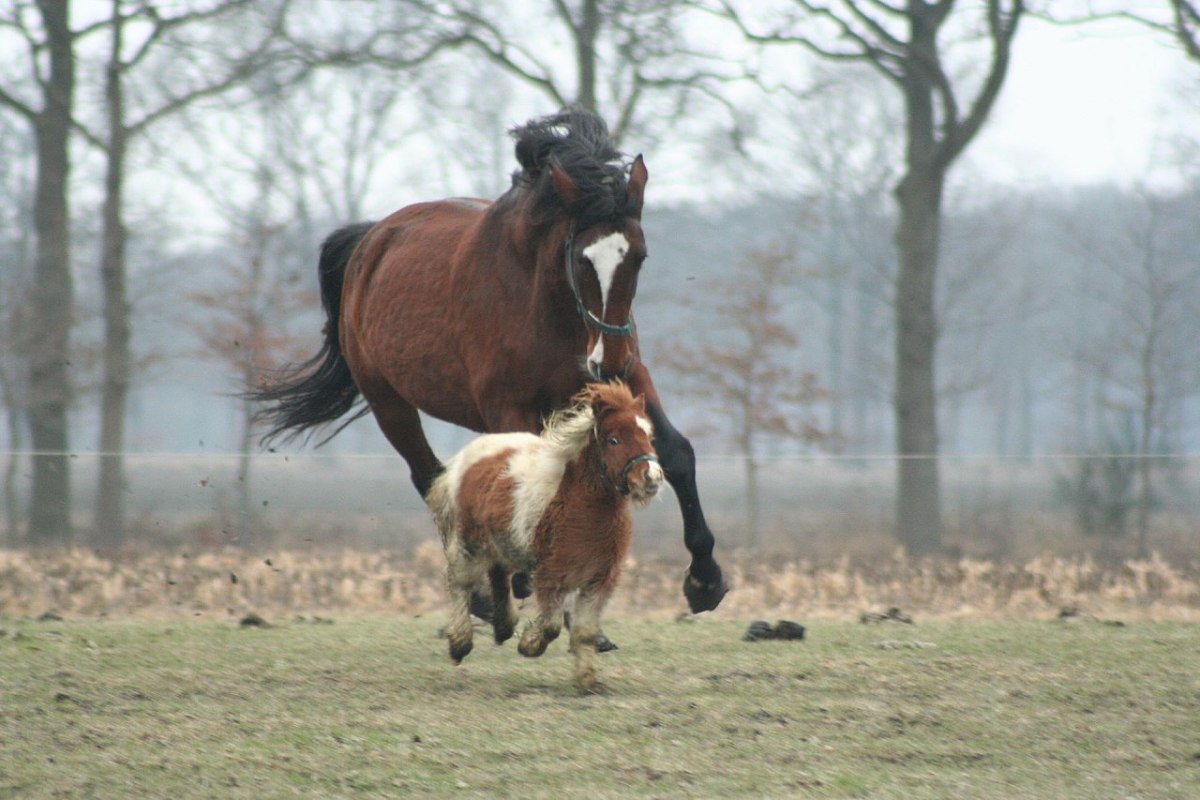Stress Free Errands With Kids
Prepare. The more you can prepare yourself and your children, the fewer chances they will have to become frustrated or anxious out of confusion. Explain where you are going, what you plan to do there, and what behaviors you do (and don't) want to see. Give your children examples of situations or behaviors that might occur and ask them to decide whether or not they are acceptable. This encourages children to take an active role in the errands and makes it more likely that they will behave.
Take a deep breath. When you get frustrated, you yell, threaten, or complain. Your kids know this, and they feed on it. When the little ones see that they can upset you, they lose half of their motivation for acting out in public places.
Assess your resources. No matter where you are, there are games and activities you can challenge your kids with to keep them busy and relatively quiet. In the grocery store? Identify fruits vs. vegetables, label colors, or put your kids in charge of holding specific foods that they really like (and can't break). At a gas station? have your kids count how long it takes for the gas to pump, or for littler ones, have them see if they can sing loud enough that you can hear them with the windows up from outside the car. At the bank? Have your kids see how many of a specific letter they can find on the banners and signs, or learn bit of sign language and challenge them to "talk with their hands" instead of their mouth.
Keep it light. Exaggerate your emotions (silly, surprised, confused, etc) so that your kids spend more time laughing at you and less time arguing with each other or trying to get into things they're not suppose to. Play the "funny faces" game and take turns showing and guessing each other's expression. If you are having fun, your kids will be more likely to think that they should be having fun, too. Then they'll start looking for the fun things instead of complaining and acting out.
Share your knowledge. Talk to your kids, especially the young ones. Babies, toddlers, and preschoolers are learning and discovering new things every day. Help them with this by talking about where you are going, why, and what you will do there. Talk to them about the things you are buying and what you will do with them when you get home. When you explain the world around them, you are helping your kids learn to interact with it in an appropriate way, in a way that you approve of.
Bribe. As a last resort, and only if you know you can stick with it, you can offer a small reward. If there are errands you know simply must be done and which are likely to cause your children to misbehave, tell them that if they can stay calm and be good, you will have small surprise for them. Reserve this only for worst-case scenarios, because children will quickly come to expect a reward for every outing, and may actually behave worse if they find they will not get it on a particular day. Also, be sure you can stick with your decision. If children act up, make it clear that they will not be getting the reward and don't give it to them. It becomes an empty threat if children learn that they can get the reward regardless of their behavior.








